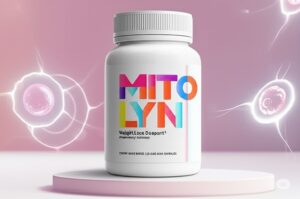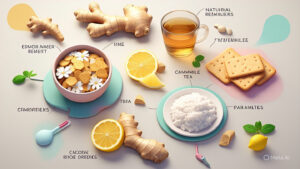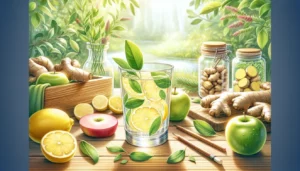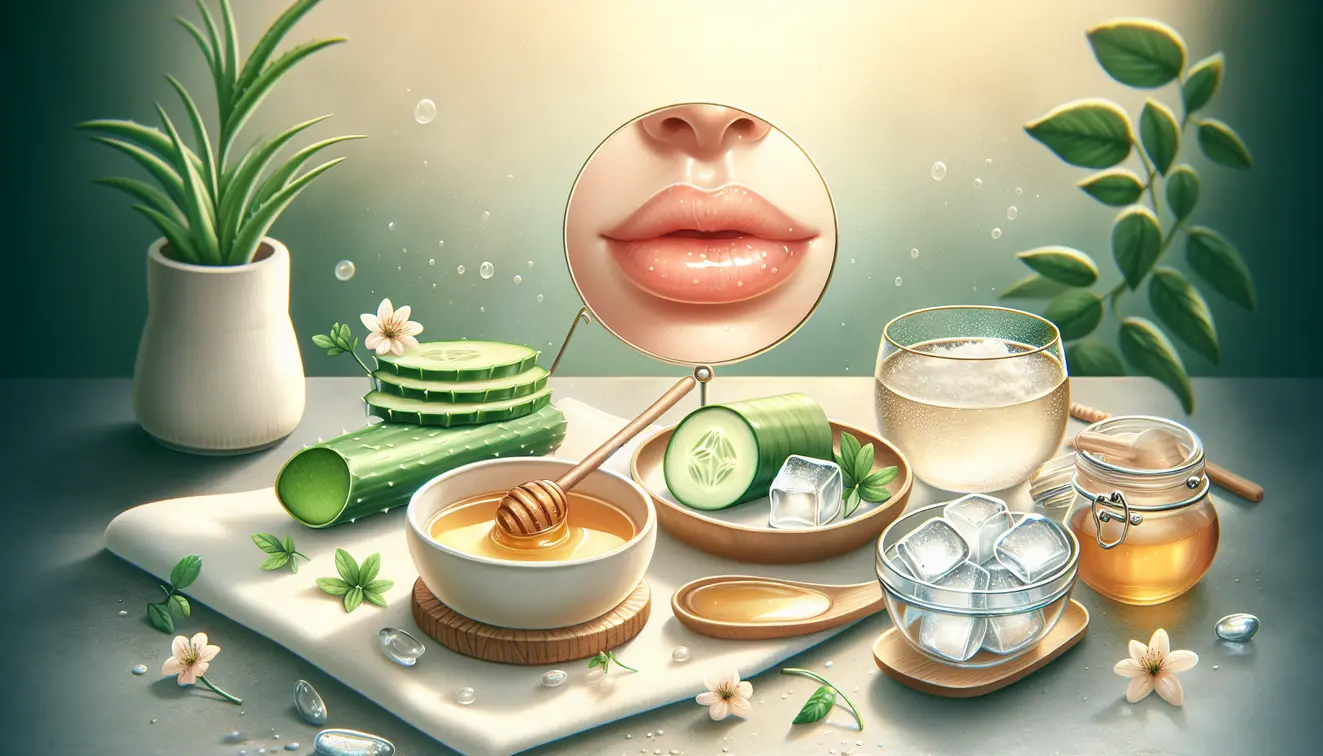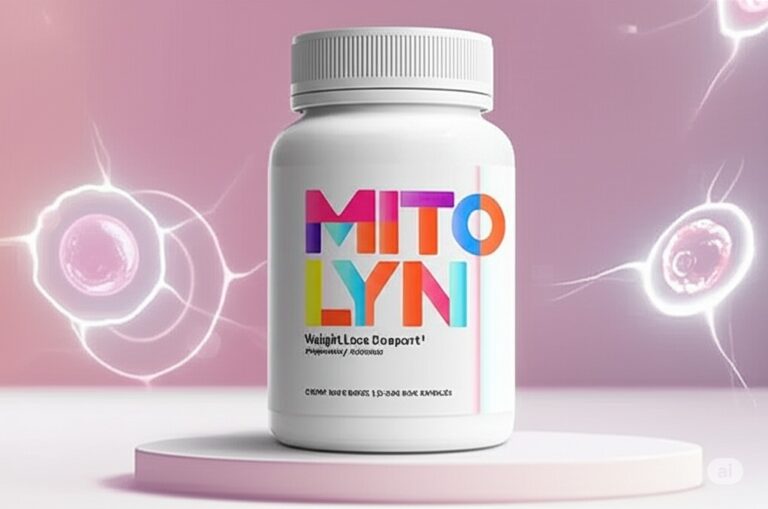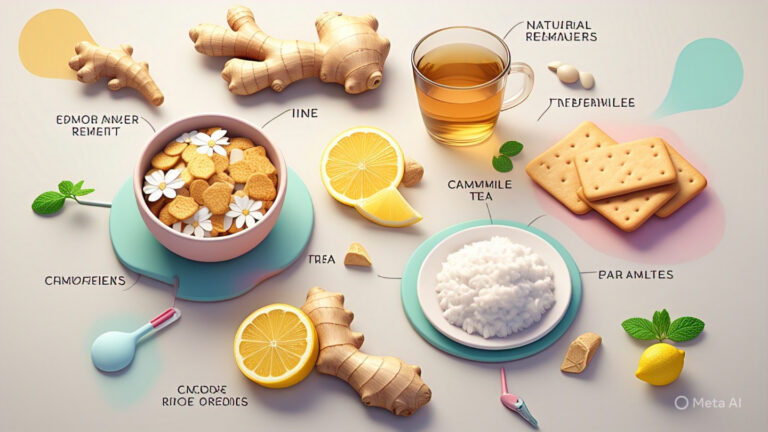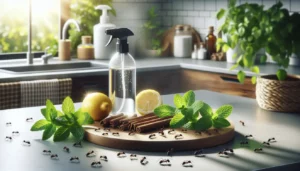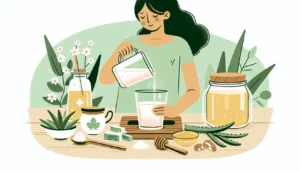Home Remedies for Lip Sores: Soothe Pain Naturally with Easy Tips
Estimated reading time: 7 minutes
Key Takeaways
- Lip sores, including cold sores, canker sores, and general irritation, have distinct causes and symptoms.
- Natural remedies like aloe vera, honey, and ice compresses can ease pain and promote healing.
- Prevention through stress management, hydration, and hygiene helps reduce recurrence.
- Seek medical help if sores persist beyond two weeks or show signs of infection.
Table of Contents
- Introduction to Lip Sores
- Understanding Lip Sores: Types and Causes
- Why Choose Home Remedies?
- Top Home Remedies for Lip Sores
- Prevention Tips to Avoid Lip Sores
- When to Seek Medical Help
- Frequently Asked Questions (FAQs)
Introduction to Lip Sores
Lip sores can turn a simple smile into a wince. Whether it’s a throbbing cold sore, a tender canker sore, or just raw irritation, these small nuisances often disrupt eating, speaking, or even just feeling comfortable. Many of us have faced this discomfort at some point—over 50% of adults experience cold sores in their lifetime, according to the National Institutes of Health (NIH).
I’m here to guide you through safe, natural ways to ease that sting using items you likely already have at home. This article walks you through understanding lip sores, their causes, and practical remedies to soothe pain. Backed by insights from trusted sources like the Mayo Clinic and NIH, we’ll also touch on when it’s time to see a doctor. Let’s start by identifying what kind of sore you’re dealing with to find the best relief.
Understanding Lip Sores: Types and Causes
Not all lip sores are the same, and knowing the type helps in picking the right fix. There are three main kinds to consider: cold sores, canker sores, and general irritation. Each comes with its own set of triggers and signs, so let’s break them down to make sense of what’s happening on your lips.
Cold sores, often caused by the herpes simplex virus, show up as blisters on or around the lips and are contagious. Canker sores, on the other hand, form inside the mouth or along lip borders and aren’t spreadable. Then there’s general irritation, usually from dryness or minor injury, which can make lips feel cracked or sore. Pinpointing whether it’s a viral issue, a reaction to stress, or simply environmental factors sets the stage for effective care.
Here’s a closer look at each type:
- Cold Sores: These often stem from a virus, triggered by stress or hormonal shifts, as noted by WebMD.
- Canker Sores: Stress, spicy foods, or a small cut can spark these, often lingering for days.
- General Irritation: Think cold weather or biting your lip—small habits or conditions that roughen the skin.
Understanding what’s behind the soreness is the first step. Let’s dive deeper into each to match the right remedy later on.
Cold Sores: Symptoms and Triggers
Cold sores start with a telltale tingle before blisters form, often bursting and crusting over. They can be painful and recur in the same spot, especially under stress or after too much sun, according to the Mayo Clinic. Common triggers include fatigue, illness, or even monthly cycles. Recognizing these patterns helps in managing outbreaks before they worsen. For more detailed remedies on managing cold sores, check out additional tips here.
Canker Sores: Symptoms and Triggers
Canker sores appear as small, round lesions with a white or yellow center, surrounded by redness. They bring sharp pain, especially when eating acidic foods, as highlighted by the Cleveland Clinic. Stress, a bite on the lip, or certain foods often set them off. Noticing what sparks yours can guide you to avoid those triggers. Learn more about natural ways to ease canker sore discomfort with this resource.
General Lip Irritation: Symptoms and Triggers
General irritation feels like persistent dryness or cracking, sometimes with slight peeling. Healthline points to harsh weather, dehydration, or even lip-licking as frequent culprits. Allergies to lip products can also play a role. Spotting the cause—be it a habit or the environment—can steer you toward lasting comfort.
Why Choose Home Remedies?
When lip sores strike, reaching for something natural feels right for many. Home remedies offer an affordable way to ease discomfort using everyday items, often with fewer risks than harsher treatments. Think of ingredients like honey or aloe vera, known for calming irritated skin, as supported by studies cited on Healthline.
Yet, it’s worth noting these solutions aren’t a cure-all. They shine as a first step for mild cases but fall short if sores persist or worsen. Safety remains key, so we’ll focus on options backed by tradition or science. If you’re seeking gentle relief before considering a pharmacy run, these ideas fit the bill. Let’s explore specific ways to tackle each type of sore with care.
Top Home Remedies for Lip Sores
Finding relief doesn’t have to mean a trip to the store. Below, I’ve gathered tried-and-tested remedies tailored to cold sores, canker sores, and general irritation. Each comes with clear steps and reasons why it works, often supported by insights from sources like Healthline or the Cleveland Clinic. Let’s walk through these soothing fixes together.
Remedies for Cold Sores
Cold sores need targeted care to ease pain and speed healing. Here are four natural approaches to try at home:
- Ice Compress
- Wrap a few ice cubes in a clean cloth.
- Press gently on the sore for 5-10 minutes.
- Repeat 2-3 times daily to reduce swelling and numb pain.
- Benefit: Ice calms inflammation early on, per Healthline insights.
- Note: Don’t apply ice directly to avoid skin damage.
- Aloe Vera Gel
- Scoop fresh gel from an aloe leaf or use pure store-bought gel.
- Dab a small amount on the sore with a clean finger.
- Leave it on for 20 minutes, then rinse if needed; apply twice daily.
- Benefit: Its cooling effect soothes, and a 2015 study on Healthline notes anti-inflammatory properties.
- Note: Check for allergies with a small test patch first.
- Lemon Balm
- Brew lemon balm tea or use a cream with its extract.
- Apply the cooled tea with a cotton swab or use cream as directed.
- Do this 2-3 times a day to lessen discomfort.
- Benefit: Research on Healthline suggests antiviral effects against herpes simplex.
- Note: Avoid overuse if you notice skin irritation.
- Tea Tree Oil
- Mix one drop of tea tree oil with a teaspoon of coconut oil.
- Dab lightly on the sore using a cotton bud, twice daily.
- Rinse off after 15 minutes if it feels strong.
- Benefit: Known for antiviral potential, as per Medical News Today.
- Note: Always dilute to prevent burns; stop if stinging occurs.
These can help manage outbreaks while you focus on preventing future ones. For additional strategies on handling cold sores or fever blisters, explore this guide.
Remedies for Canker Sores
Canker sores call for gentle healing inside the mouth. Try these four options to dull the ache and support recovery:
- Saltwater Rinse
- Dissolve half a teaspoon of salt in a glass of warm water.
- Swish the mix in your mouth for 30 seconds, then spit out.
- Repeat 2-3 times daily, especially after meals.
- Benefit: Cleans the area and eases pain, as backed by Cleveland Clinic.
- Note: Don’t swallow the mix; stop if it irritates.
- Baking Soda Paste
- Mix a teaspoon of baking soda with a few drops of water.
- Apply the paste to the sore with a clean finger.
- Leave on for 5 minutes, then rinse; use once daily.
- Benefit: Neutralizes acidity around the sore for relief, per Healthline.
- Note: Avoid if it feels too harsh on gums.
- Honey
- Dab a small amount of raw honey on the sore.
- Let it sit for as long as possible before eating or drinking.
- Reapply 2-3 times a day for consistent soothing.
- Benefit: Offers natural healing properties, supported by traditional use on Everyday Health.
- Note: Use pure honey to avoid added sugars.
- Chamomile Tea Compress
- Brew a cup of chamomile tea and let it cool.
- Soak a cotton ball in the tea and press on the sore.
- Hold for 5 minutes, repeating twice daily.
- Benefit: Calms irritation with mild anti-inflammatory effects, per Medical News Today.
- Note: Ensure the tea isn’t hot to avoid burns.
Pair these with dietary tweaks for faster results.
Remedies for General Lip Irritation
For cracked or dry lips without specific sores, hydration is the focus. Here are three simple ways to restore comfort:
- Coconut Oil
- Scoop a small amount of virgin coconut oil.
- Rub it gently over irritated lips with clean fingers.
- Reapply 3-4 times daily, especially before bed.
- Benefit: Locks in moisture naturally, as noted on Everyday Health.
- Note: Use unrefined oil for purity.
- Cucumber Slices
- Slice a chilled cucumber into thin rounds.
- Place slices over lips for 10 minutes.
- Do this once or twice daily for a refreshing effect.
- Benefit: Hydrates and cools, a common tip from Healthline.
- Note: Wash cucumber to remove any residue.
- Petroleum Jelly
- Apply a thin layer of plain petroleum jelly to lips.
- Use after washing face or before stepping outside.
- Reapply as needed to protect from dryness.
- Benefit: Shields lips from harsh weather, per trusted advice on Prevention.
- Note: Avoid flavored versions if sensitive.
These habits, alongside proper care, keep irritation at bay.
Prevention Tips to Avoid Lip Sores
Healing lip sores is only half the battle—stopping them from coming back matters just as much. Small changes in how you live, eat, and care for yourself can make a big difference. Let’s look at practical steps across lifestyle, diet, and hygiene to keep your lips healthy, supported by tips from sources like Medical News Today.
Lifestyle Adjustments
Your daily habits play a role in sore prevention. Consider these ideas:
- Manage stress through breathing exercises or a short walk—WebMD links high stress to sore outbreaks.
- Avoid sharing items like lip balm or utensils to dodge cold sore viruses.
- Get enough sleep to keep your body’s defenses strong against triggers.
These tweaks lower the odds of a flare-up.
Dietary Recommendations
What you eat can help or harm your lips. Think about these choices:
- Skip spicy or acidic foods like citrus if canker sores are frequent.
- Add lysine-rich options like fish or dairy to curb cold sores, as suggested by Medical News Today.
- Drink plenty of water to prevent dryness that leads to irritation.
A mindful plate supports lasting relief.
Hygiene Practices
Good lip care is a simple shield. Try these routines:
- Use a moisturizing lip balm daily to combat dryness.
- Pick a balm with SPF to block sun damage, a tip from Prevention.
- Wash hands before touching lips to avoid introducing germs.
Consistent care builds a strong barrier against sores.
When to Seek Medical Help
Home remedies work wonders for many, but some situations need more than kitchen fixes. Recognizing when a lip sore signals something serious keeps you safe. If discomfort lingers or worsens, a doctor’s input becomes vital.
Watch for these signs that call for professional care, as outlined by the Mayo Clinic:
- Cold sores lasting over two weeks, causing severe pain, or recurring too often.
- Canker sores that grow large, pair with fever, or hurt intensely.
- General irritation showing infection, like pus or redness spreading beyond the lip.
Don’t hesitate to consult a healthcare provider if these appear. They can offer a clear diagnosis or stronger treatments to tackle stubborn cases. Remember, natural solutions complement but don’t replace medical advice when things escalate.
Frequently Asked Questions (FAQs)
Wondering about specific details on lip sores? I’ve answered some common queries to clear up doubts, drawing from trusted sources like Mayo Clinic and WebMD for accuracy.
Are home remedies safe for children with lip sores?
They can be, but caution is key. Simple options like honey or aloe vera often work gently, though always check with a pediatrician first, especially for cold sores. Avoid strong ingredients like essential oils on young skin.
What’s the difference between a cold sore and a canker sore?
Cold sores, caused by a virus, form blisters on or near lips and are contagious, per Mayo Clinic. Canker sores are non-viral, appear inside the mouth, and don’t spread. Location and cause set them apart.
Which home remedies work best for different types of lip sores?
Ice and tea tree oil suit cold sores for their calming and antiviral effects. Saltwater rinses help canker sores by cleaning the area. Coconut oil works well for general dryness. Match the remedy to the sore for best results.
How do natural remedies compare to over-the-counter treatments for lip sores?
Natural options like aloe vera focus on soothing with fewer risks, as noted by Healthline. Over-the-counter products, like antiviral creams, target specific issues (like cold sores) faster but may irritate. Start with natural if symptoms are mild, escalating if needed.
These answers tie into the remedies and tips shared, guiding you toward informed choices for lip health.

